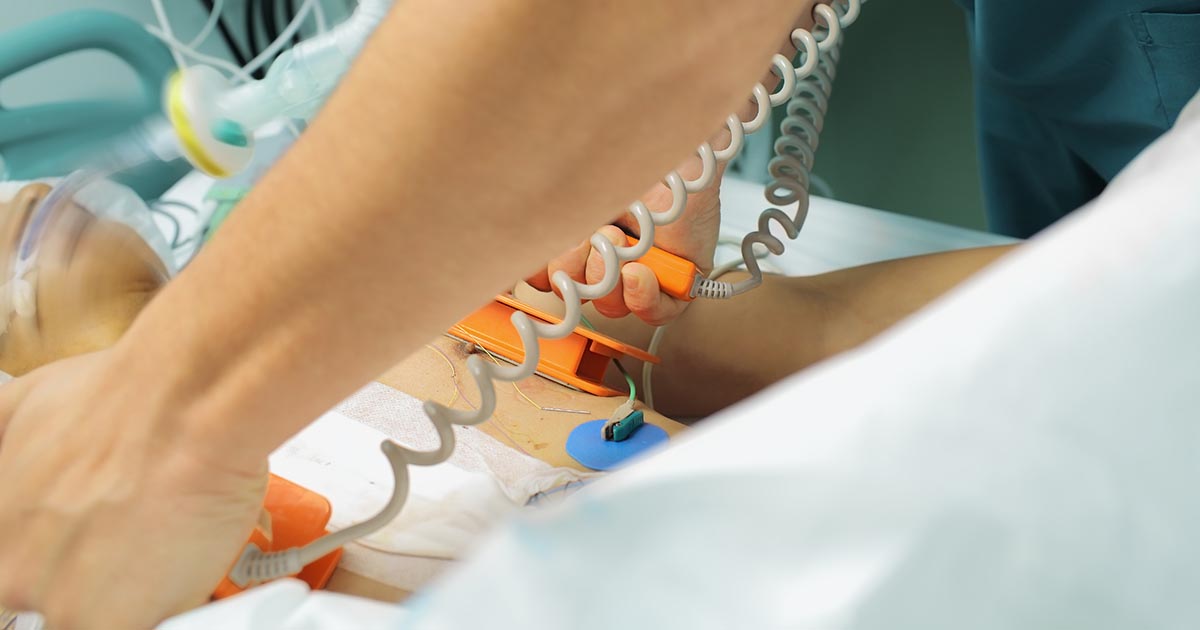Treating Wolff-Parkinson-White-Syndrome
Wolff-Parkinson-White syndrome is a fairly common condition that causes the heart to beat fast for a few minutes or even hours. It's caused by the heart having an extra electrical connection, which is present at birth and cannot be prevented. However, symptoms of the condition typically do not present until later in life, if at all. In fact, most of the cases diagnosed occur in young, otherwise healthy adults who undergo an electrocardiogram (ECG) test for another reason. Usually, Wolff-Parkinson-White syndrome is neither serious nor dangerous. Most patients will only experience the occasional episode and, with treatment, the disorder can usually be completed cured. The following are the most common methodologies used to treat Wolff-Parkinson-White syndrome.
Cardioversion
Cardioversion is a form of electric shock therapy. Using electrodes placed on the chest, atop the heart, a shock is delivered that jolts the heart back into a normal pace and rhythm. This form of treatment is typically not the first one utilized in patients with Wolff-Parkinson-White syndrome. As it needs to be carried out under supervised medical care in a hospital, it is one of the last courses of action taken, when other treatment methods have failed or when episodes become intense and regular. The procedure is quick and typically only takes a few minutes to perform.
Uncover the next treatment option for this condition now.
Vagal Maneuvers

Vagal maneuvers are a group of popular techniques used in the treatment of Wolff-Parkinson-White syndrome. These techniques are used to stimulate the vagus nerve, slowing down the electrical signals given off in the heart. One example of these techniques is a Valsalva maneuver, in which the patients holds their nostrils shut, closes their mouth, and exhales hard. Think of how you might try to pop your ears if they feel clogged after going up a mountain. Another is a simple gag, which patients could do on their own or under doctor supervision with a tongue depressor. Coughing hard can also stimulate the vagus nerve, as can sitting with the knees against the chest. Additionally, a doctor may perform a carotid sinus massage.
Get to know the next treatment option for Wolff-Parkinson-White syndrome now.
